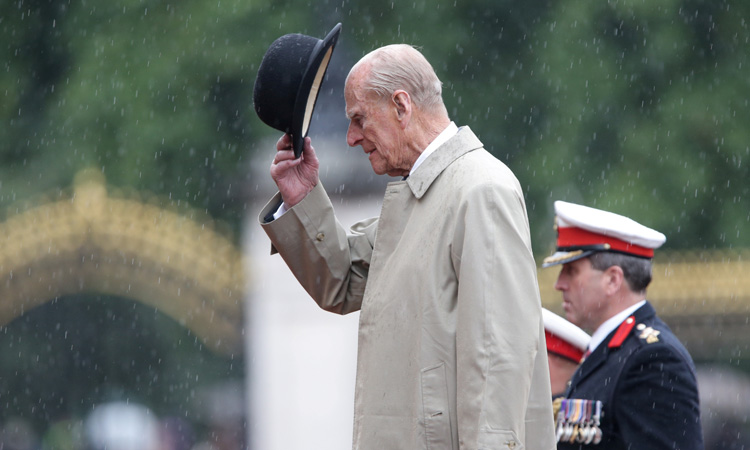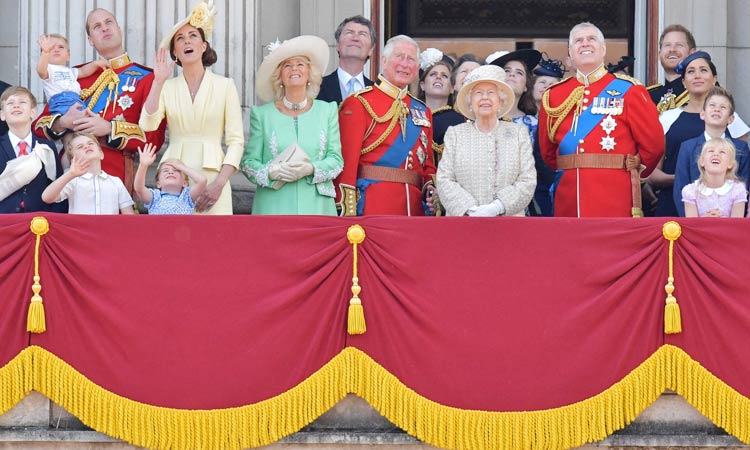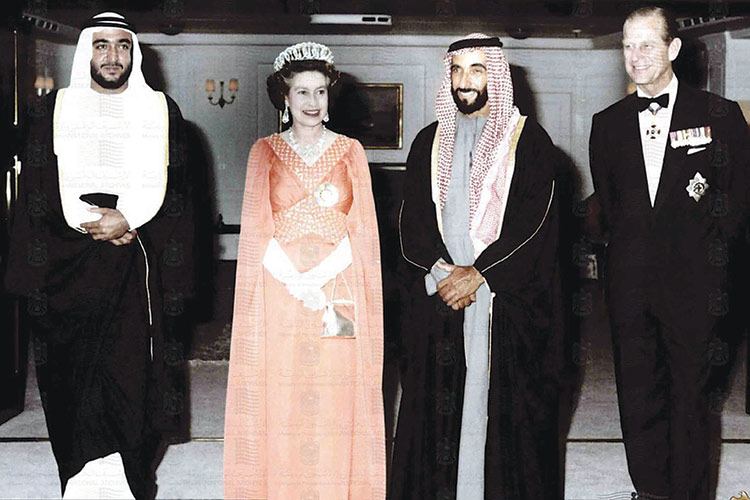King Charles just made a very astute PR move


King Charles III
I always imagine that whenever any of our own royals bumped into Tino at some family do, they occasionally thought, subliminally, “there but for the grace of God go we”. He served not only as a confidant and companion, but a personal reminder of just how fragile and unusual a stable constitutional monarchy is in the modern age. Many eagles have fallen, and some have lost more than a throne…
Which is why King Charles’ decision to hand the profits from a £1 billion per year offshore wind farms deal back to his majesty’s government is rather a smart move. At a time of great public hardship — wisely referenced in his Christmas address — and growing social division, it is not a good look for the sovereign to be handed such a further vast fortune to play with. It might not spark a revolution, but there’d be questions in parliament and in pubs alike. It certainly wouldn’t be the most auspicious act of his reign.
So, instead, the king wishes it be used “for the wider public good”. In reality, he likely had little choice given the PR issues, but it was shrewd to preempt any controversy. Besides, he has enough to contend with from Prince Harry, who has ignored his father’s plea not to make his last years a misery. A battle with the “spare” might or might not be won, but a war with public opinion is always futile.
Of course, the origins of the wind farm are perverse and anachronistic; one of the many facets of Britain’s constitutional setup that monarchs tend not to draw attention to. The “crown estate” in a sense belongs to no one, because, since the time of George III, it is neither the personal property of the monarch nor of the British state. George III gave it up so that he didn’t have to continue to pay for the burgeoning functions of the British government and its agencies.
In return for handing over control to the politicians, he and his kin received an income. Once known as the civil list, George Osborne as chancellor tried to refashion it and make it less politically hazardous. It’s now called the “sovereign grant” and is related to the crown estate, which, along with large chunks of central London property, also owns much of the UK’s coastline and the rights to exploit the seabed.
Under the taxpayer-funded sovereign grant, which is currently £86.3m a year, the King receives 25 per cent of the crown estate’s annual surplus. This includes an extra 10 per cent for the refurbishment of Buckingham Palace. Now that offshore wind farms are so important and yield so much profit, the question is what to do with the extra money that will come from them as they expand. One place it shouldn’t go is to the royals. Charles III really doesn’t want to develop the kind of reputation for self-indulgence enjoyed by, say, Charles II, so he’s given it to His Majesty’s Treasury (which isn’t his treasury any longer). Jeremy Hunt can now spend it on nurses’ pay or levelling up instead.
All that said, the status of the crown estate, the duchies of Cornwall and Lancaster, and the “personal” property owned by members of the House of Windsor need some rationalisation and reform. To all intents and purposes, most of it is in effect the property of the United Kingdom, ie the people. The members of the House of Windsor are public servants and yet have access to palaces and perks by dint of their constitutional role.







